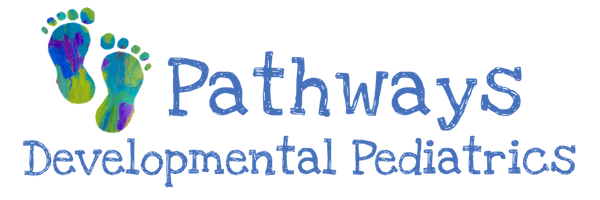How often will my child be seen in follow-up?
The treatment plan is very specific to each child. Sometimes, Dr. Frazier wants families to focus on therapy interventions and may only wish to re-assess on a 6 month basis. While for other concerns, 1-2 month follow-up may be necessary. Of course, you may schedule an appointment to discuss concerns at any time.
What if I can't find childcare for my other children for the first session?
Because our initial visit involves standardized testing, specific assessments, and it is quite long, having a sibling present can interfere with the evaluation process.
However, if alternative arrangements cannot be made, just let us know ahead of time, and we will find a way to support your situation.
Do you prescribe medications?
Sometimes medications can be a beneficial compliment to therapy and educational interventions. Dr. Frazier has extensive experience in the area of psychopharmacology. When a medication is needed, a discussion of options, risks, and benefits is had so that parents can make a fully informed decision.
What if I don’t want my child to take medications?
We understand! Therapy, educational, and behavioral interventions are always recommended first. We welcome discussions of risks and benefits of complementary and alternative therapy options.
What do I do if I have concerns about my child, but I’m not sure if you treat his/her condition?
Please see our list of services and offerings. You may also seek advice from your pediatrician who knows your child well. Developmental Pediatrics overlaps with child neurology and child psychiatry, and we understand that it can become confusing.
My child has been seen by a number of specialists already, how will your visits be any different?
It’s not unusual for children to have been seen by multiple providers before coming to see a Developmental-Behavioral Pediatrician. Dr. Frazier reviews and incorporates all that has already been done into her evaluation, so that we can start right where you are. Her experience and double-board certification allows for streamlined, specific interventions for your child, while also being comprehensive. All aspects of your child are evaluated, including birth, home life, social interactions, medications, sleep, nutrition, feeding, behaviors, and school life.

